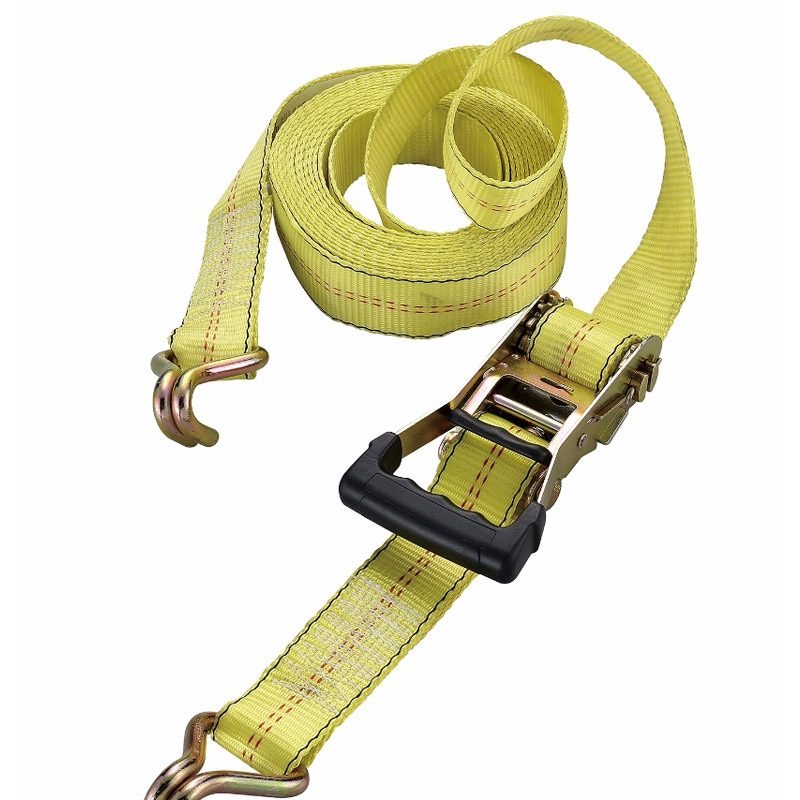Self-Threading Screws - Precision Fastening Solutions
Understanding Self-Threading Screws An Essential Component in Modern Fastening Solutions
Self-threading screws have become an integral part of modern construction and manufacturing practices. These unique fasteners offer a combination of design efficiency, ease of use, and excellent holding strength, making them highly sought after in various applications. To appreciate the advantages of self-threading screws, it's essential to delve into their design, functionality, and typical uses.
What Are Self-Threading Screws?
Self-threading screws, also known as self-tapping screws, are fasteners designed to create their own thread as they are driven into a material. Unlike traditional screws that require a pre-drilled hole and matching thread, self-threading screws can penetrate and form threads in a range of materials, including wood, plastic, and metal. This design innovation not only simplifies the assembly process but also saves time and labor costs, making them highly efficient tools in various industries.
How Do They Work?
The mechanism behind self-threading screws involves their sharp, tapered tip and specially designed threads. When the screw is driven into a substrate, the tapered point penetrates and gradually displaces the material, cutting a corresponding thread. This self-forming action conforms to the material's profile, creating a tight fit that enhances the screw's holding power. The depth and pitch of the threads can vary, allowing for versatility in fastening different materials and thicknesses.
self threading screws

Applications of Self-Threading Screws
Self-threading screws find applications across multiple sectors, including construction, automotive, electronics, and furniture assembly. In construction, they are commonly used for fastening drywall, roofing materials, and wood components together. In the automotive industry, self-tapping screws can secure various parts while ensuring a solid hold under vibration conditions. Similarly, in DIY projects or furniture manufacturing, these screws offer a quick and reliable solution for assembling pieces without the need for complex hardware.
Benefits of Self-Threading Screws
One of the primary advantages of self-threading screws is their ability to streamline the assembly process. By eliminating the need for pre-drilling, they not only save time but also reduce the risk of damaging the material. Additionally, their design allows for secure fastening in varied materials without the need for different types of screws. This versatility makes them ideal for manufacturers and builders looking for efficient solutions in a fast-paced environment.
In conclusion, self-threading screws represent a significant advancement in fastening technology. Their unique ability to create threads as they penetrate materials, paired with their ease of use and time-saving advantages, has made them a favored choice in various industries. As construction and manufacturing practices continue to evolve, self-threading screws are likely to play an increasingly important role in streamlining processes and enhancing product reliability. With ongoing innovations in screw design and materials, the future looks promising for these essential fastening solutions.
-
Weatherproof Plastic Expansion Anchors for Outdoorସମ୍ବାଦJun.06,2025
-
Sustainability in the Supply Chain: Eco-Friendly TEK Screws Productionସମ୍ବାଦJun.06,2025
-
Load-Bearing Capacity of External Insulation Fixingsସମ୍ବାଦJun.06,2025
-
Double Head Bolts: Enhancing Efficiency in Industrial Machineryସମ୍ବାଦJun.06,2025
-
Corrosion Resistance in Chipboard Screws: Coatings for Wholesale Durabilityସମ୍ବାଦJun.06,2025
-
Butterfly Toggle Bolts : Enhancing Structural Resilienceସମ୍ବାଦJun.06,2025
